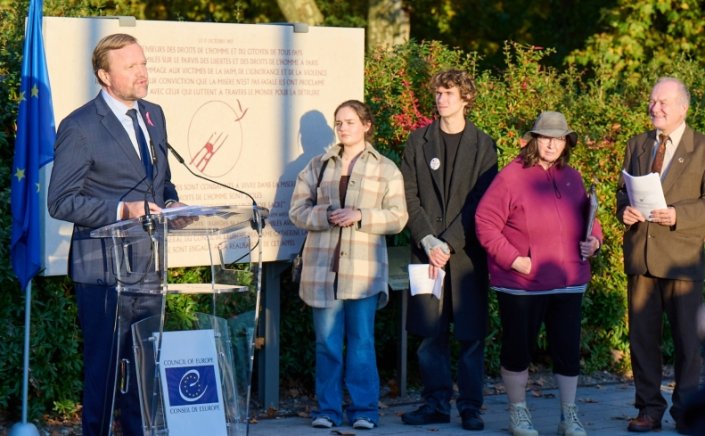European Committee of Social Rights Publishes Annual Activity Report
European Committee of Social Rights Publishes Annual Activity Report

The European Committee of Social Rights (ECSR) has published its Annual Activity Report for 2023. The report provides an account of many aspects of the ECSR’s work throughout the year, in particular the monitoring of the compliance of States with the Charter, but also a wide range of other activities, such as the procedure on non-accepted provisions, ongoing work to strengthen the Charter treaty system, relations with other international bodies and awareness-raising and promotion of the Charter and the ECSR’s case law.
The report highlights positive developments, especially in protecting children and young people from cyber threats and improving labour regulations. However, it also identifies several gaps, including issues related to the rights of migrant workers, homelessness, and protection against dismissal during pregnancy, etc. These developments were identified in the framework of the reporting procedure under the European Social Charter (ESC), and more specifically in the 799 conclusions that the ECSR adopted in 2023, which include 416 conclusions of conformity and 383 conclusions of non-conformity across 32 States Parties.
Regarding the follow-up to complaints, the ECSR published its findings for eight States Parties, identifying persistent issues in addressing the gender pay gap, housing for Roma, healthcare discrimination, and inclusive education for children with intellectual disabilities. These findings highlight the need for continued efforts to align national practices with the standards of the Charter.
The Fourth Summit of Heads of State and Government of the Council of Europe, held in Reykjavik in May 2023, marked a pivotal moment for social rights. The declaration adopted at the Summit underscored the importance of social justice for democratic stability and security and reaffirmed the commitment of member states to strengthening social rights as guaranteed by the Charter.
Building on this momentum and in the framework of its Presidency of the Council of Europe Committee of Ministers, Lithuania will host a high-level conference on the ESC in Vilnius on 4 July 2024. The conference is expected to serve as a platform for member states to reaffirm the importance of the Charter and its monitoring procedures, advancing the collective pursuit of social justice across Europe.
In the introduction to the activity report, ECSR President Aoife Nolan points out that in the ECSR’s contribution to the high-level conference several measures have been proposed aimed at enhancing the ECSR’s efficiency and impact. These measures include, for example, removing the embargo on publishing ECSR decisions on collective complaints and increasing the number of ECSR members.
Looking ahead, the ECSR aims to ensure that social rights and justice remain central to the Council of Europe’s mission of ensuring democratic stability in Europe.
* * *
The European Committee of Social Rights is the monitoring body of the European Social Charter. It is composed of 15 independent, impartial members which are elected by the Council of Europe’s Committee of Ministers for a period of six years, renewable once. The Committee rules on the conformity of the situation in states with the Charter under two complementary mechanisms: through collective complaints lodged by the social partners and governmental organisations (collective complaints procedure), and through national reports drawn up by the State Parties (reporting procedure).














![The Biggest Travel Trends of 2026 [CNTraveler]](https://mykonosticker.com/uploads/images/2026/01/image_140x98_695ead4568994.jpg)




![The Biggest Travel Trends of 2026 [CNTraveler]](https://mykonosticker.com/uploads/images/2026/01/image_705x436_695ead4553384.jpg)


